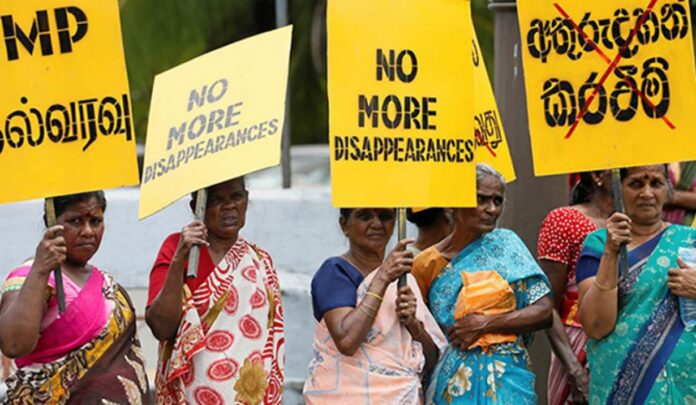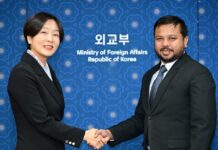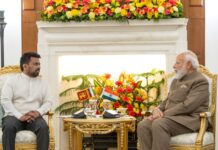The United Nations Resident Coordinator in Sri Lanka, Marc-André Franche, has urged the Office on Missing Persons (OMP) to prioritise tracing and investigations, using its full legal powers to provide long-awaited answers to the families of the disappeared.
Issuing a statement to mark the International Day of the Victims of Enforced Disappearances 2025, Franche welcomed the recent decision to invite the public to help identify items recovered from mass graves but stressed that “much more needs to be done.”
“The fate of thousands of forcibly disappeared Sri Lankans from across the entire island remains unknown; a national wound left open by silence, inaction, and impunity,” the statement noted.
He emphasised that the ongoing excavations of mass grave sites, where human skeletal remains and belongings – including those of children – have been uncovered, highlight the scale of past human rights violations and the urgent need for “credible, transparent and independent investigations.”
The UN official underlined that truth, justice, and reparations are inseparable foundations of reconciliation and sustainable peace in Sri Lanka. While acknowledging steps taken, such as ratifying the International Convention for the Protection of All Persons from Enforced Disappearance and establishing the OMP and Office for Reparations, he said these bodies must be given adequate resources, forensic capacity, and independence.
The statement also raised concerns over “surveillance, threats, intimidation and reprisals” faced by victims, families and human rights defenders, stressing that all must be protected and not punished.
Franche reaffirmed the UN’s commitment to support Sri Lanka in confronting this painful legacy:
“On this day – and every day – the United Nations stands in solidarity with every family searching for their loved ones. We remain committed to supporting credible, independent investigations of allegations of enforced disappearances to ensure victims and families can realise their rights to truth, justice, reparations and guarantees of non-recurrence.”



